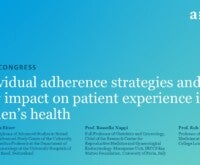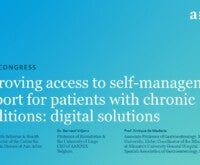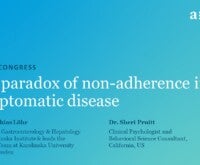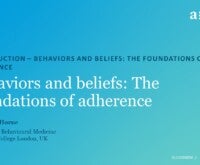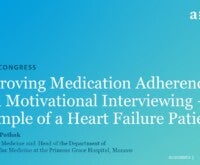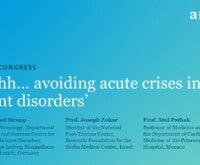Session: Individualized adherence strategies and their impact on patient experience in women’s health
Non-adherence in women’s health can result in unintended pregnancies and poor management of menopause symptoms. Women may not use, adhere to, or discontinue contraception because of side effects, a “bad image” or simply forgetting to take it. As for menopause, which can afflict a woman for more than one-third of her life,women may forego treatment,…
